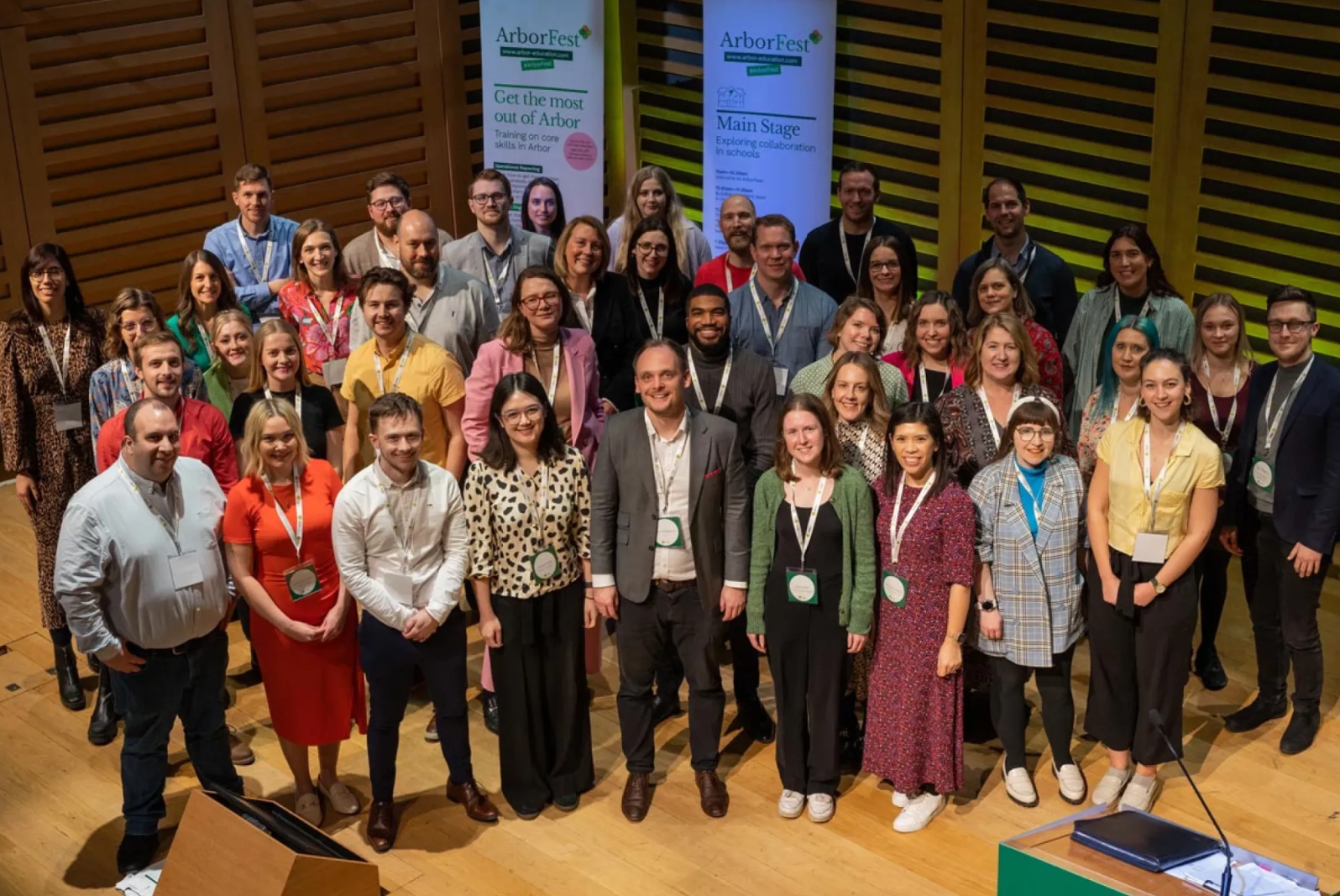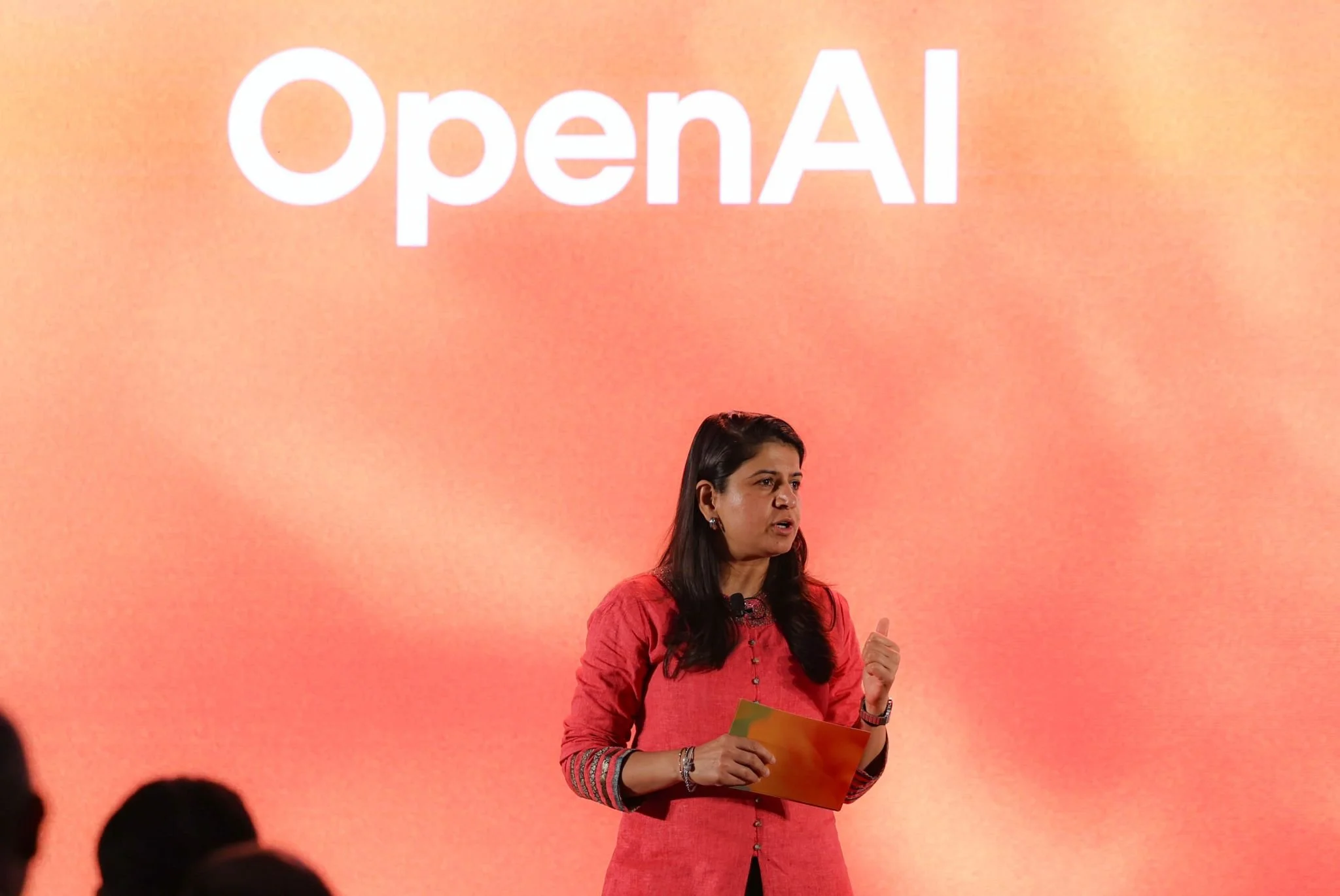AI energy use could derail climate targets, Cambridge University report warns amid rising data center emissions
Cambridge researchers warn that unchecked AI growth and rising data center emissions risk overwhelming power grids and undermining UK and global climate goals.
A new report from the University of Cambridge’s Minderoo Centre for Technology and Democracy warns that unchecked growth in artificial intelligence could undermine national and international climate goals.
Researchers estimate that the energy demands of the global tech sector could increase up to 25 times by 2040, driven primarily by AI-related data center expansion.
The authors argue that current UK policy fails to account for the energy costs of AI infrastructure. They recommend updating national decarbonization plans to include carbon targets for data centers, mandatory reporting of energy and water use, and stronger public oversight.
At present, data centers account for about 1.5% of global emissions. That figure could grow to 8% by 2040, exceeding current aviation emissions, if the AI industry continues scaling without environmental safeguards.
Emissions growing faster than AI benefits
The report highlights a disconnect between tech industry goals and government climate commitments. Self-reported data from major tech firms shows rising emissions over recent years: Google’s emissions rose 48% from 2019 to 2023; Microsoft’s increased by nearly 30% between 2020 and 2023; and Amazon’s rose 40% between 2019 and 2021, despite recent reductions.
Tech companies are also exploring nuclear energy to meet power needs. Microsoft has signed a 20-year agreement to reactivate the Three Mile Island facility. OpenAI’s CEO Sam Altman has publicly backed fusion as a long-term solution, while Meta describes nuclear as “firm, baseload power” for its data centers.
Professor Gina Neff, Executive Director at the Minderoo Centre, says, “Despite the rapacious energy demands of AI, tech companies encourage governments to see these technologies as accelerators for the green transition. These claims appeal to governments banking on AI to grow the economy, but they may compromise society's climate commitments.”
Call for AI-specific environmental regulation
The report recommends that Ofgem set energy efficiency targets for data centers and that UK government departments condition AI research and infrastructure funding on adoption of clean power. It also raises concerns about the makeup of the UK’s new AI Energy Council, which does not currently include representation from civil society or climate groups.
Bhargav Srinivasa Desikan, the report’s lead author, says, “We know the environmental impact of AI will be formidable, but tech giants are deliberately vague about the energy requirements implicit in their aims. The lack of hard data on electricity and water consumption as well as associated carbon emissions of digital technology leaves policymakers and researchers in the dark about the climate harms AI might cause.”
Professor John Naughton, Chair of the Advisory Board at the Minderoo Centre, says, “Every megawatt allocated to AI data centres will be a megawatt unavailable for housing or manufacturing. Governments need to be straight with the public about the inevitable energy trade-offs that will come with doubling down on AI as an engine of economic growth.”
RTIH AI in Retail Awards
Our sister title, RTIH, organiser of the industry leading RTIH Innovation Awards, proudly brings you the first edition of the RTIH AI in Retail Awards, which is now open for entries.
As we witness a digital transformation revolution across all channels, AI tools are reshaping the omnichannel game, from personalising customer experiences to optimising inventory, uncovering insights into consumer behaviour, and enhancing the human element of retailers' businesses.
With 2025 set to be the year when AI and especially gen AI shake off the ‘heavily hyped’ tag and become embedded in retail business processes, our newly launched awards celebrate global technology innovation in a fast moving omnichannel world and the resulting benefits for retailers, shoppers and employees.
Our 2025 winners will be those companies who not only recognise the potential of AI, but also make it usable in everyday work - resulting in more efficiency and innovation in all areas.
Winners will be announced at an evening event at The Barbican in Central London on Wednesday, 3rd September.






















